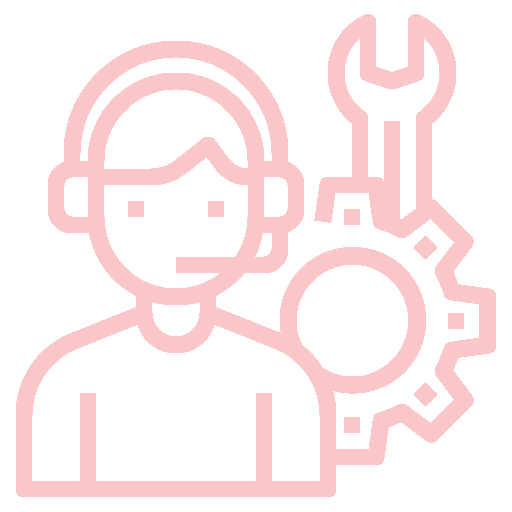.png)
Power BI Basics
Broaden your data and reporting capabilities with a hands-on overview of Power BI platform architecture including Power Desktop, Power Query, Power Pivot, and DAX.

.png.webp?width=60&height=60&name=audience%20(1).png.webp) Audience
Power Users/ Developers/ Business Analysts
Audience
Power Users/ Developers/ Business Analysts
 Technology
Power BI
Technology
Power BI
 Type
Training
Type
Training
 Service Category
Adoption
Service Category
Adoption
 Duration
2 Days
Duration
2 Days
 Skill Set
Skill Set
Power BI
The aim of this training is to ensure that participants are able to perform data analysis independently and will have the basic knowledge to be confident in:
- handling of data from various sources
- cleaning and transforming data
- creating visualizations
- building interactive dashboards and reports
- Are you a business analyst, technical specialist, or BI developer?
- Do you want to learn how to create custom business solutions using the business intelligence options of Microsoft Power BI?
- Would you like to know how to use Power BI to create datasets, reports, and dashboards?
- Are you ready to get your hands dirty during intensive Power BI training?
During this Power BI Basics training, you will learn how to use the fundamental concepts and tools of Power Bi, Office 365, SharePoint Online, Microsoft Excel 2016, and Excel Online to build business solutions that help your organization move forward.
Day 1. Introduction to Power BI
Power Platform and data culture:
- Power Platform and its tool adaptation scenarios
- Differences and customization scenarios for importing data from SQL Server, Excel, text files, and catalogs
Power Query:
- Methods of data collection, basics, what steps are necessary, their sequence, practical problems if these procedures are not followed
- Transformation basics:
- combine from Folder
- split Column
- conditional Columns
- data cleanup
- query formula editing
- query reuse from Power BI Dataflows
- Data verification practice
- Error simulation and methods for finding and resolving them
Data modeling:
- Data connections in the model:
- what a connection is and how it works
- how to lay out a connection
- an understanding of the conceptual connection
- one-to-many relationships
- many-to-many relationships
- connections through two columns
- Calendar table, its meaning, creation methods, and binding
- Adaptation of the model to self-service
- Data Analysis Expression language (DAX)
- basic formulas
- differences between Column and Measure
- formula syntax
- verification practice
- typical formulas used
Day 2:
Data visualization:
- Basics of what visualizations are, how they work, and how formatting changes them
- More sophisticated highlights that are typically non-intuitive:
- drill-down techniques
- cross-filter control
- enabling Finding Forecast and other AI options, subtleties of slicer visualizations
- Row-level security preparation, role development, and testing
- Use of Custom Visualizations, best practices on how to understand and how best to master them
Power BI Service:
- Ways to upload the model to the Power BI service
- Reviewing and testing features not available in Power BI Service:
- use of dashboards
- sharing
- updating data
- assigning RLS
- using Personalized View
Power BI Basics Training ensures that you are familiar with Power BI platform architecture. You will be confident working with Power BI Desktop to create datasets, reports, and dashboards. You will be capacitated to import and reshape data using Power Query. And, you will understand how to model data for better analytics and reporting using Power Pivot and DAX.

 Cloud
Cloud Teams Video Conference
Teams Video Conference Murex Assessment
Murex Assessment Compliance Assessment
Compliance Assessment.png) Lucidchart to Visio Assessment
Lucidchart to Visio Assessment